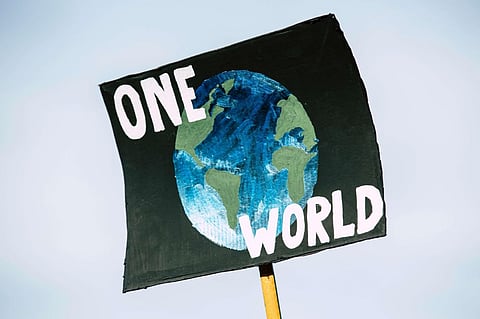Keeping in mind the worldwide calls for greater inclusion and recognition of diversity, the ICOMOS has invited participants today to reflect on, reinterpret, and re-examine existing narratives. Elaborating on the theme the ICOMOS statement says conservation of cultural heritage requires critical examination of the past, as much as its practice demands provision for the future. "Debates on the omission and erasure of certain narratives, and the privileging of particular stories over others, have come to a head in recent years. Addressing contested histories hence involves complex conversations, avoiding biased views and interpretations of the past," it specifies.


